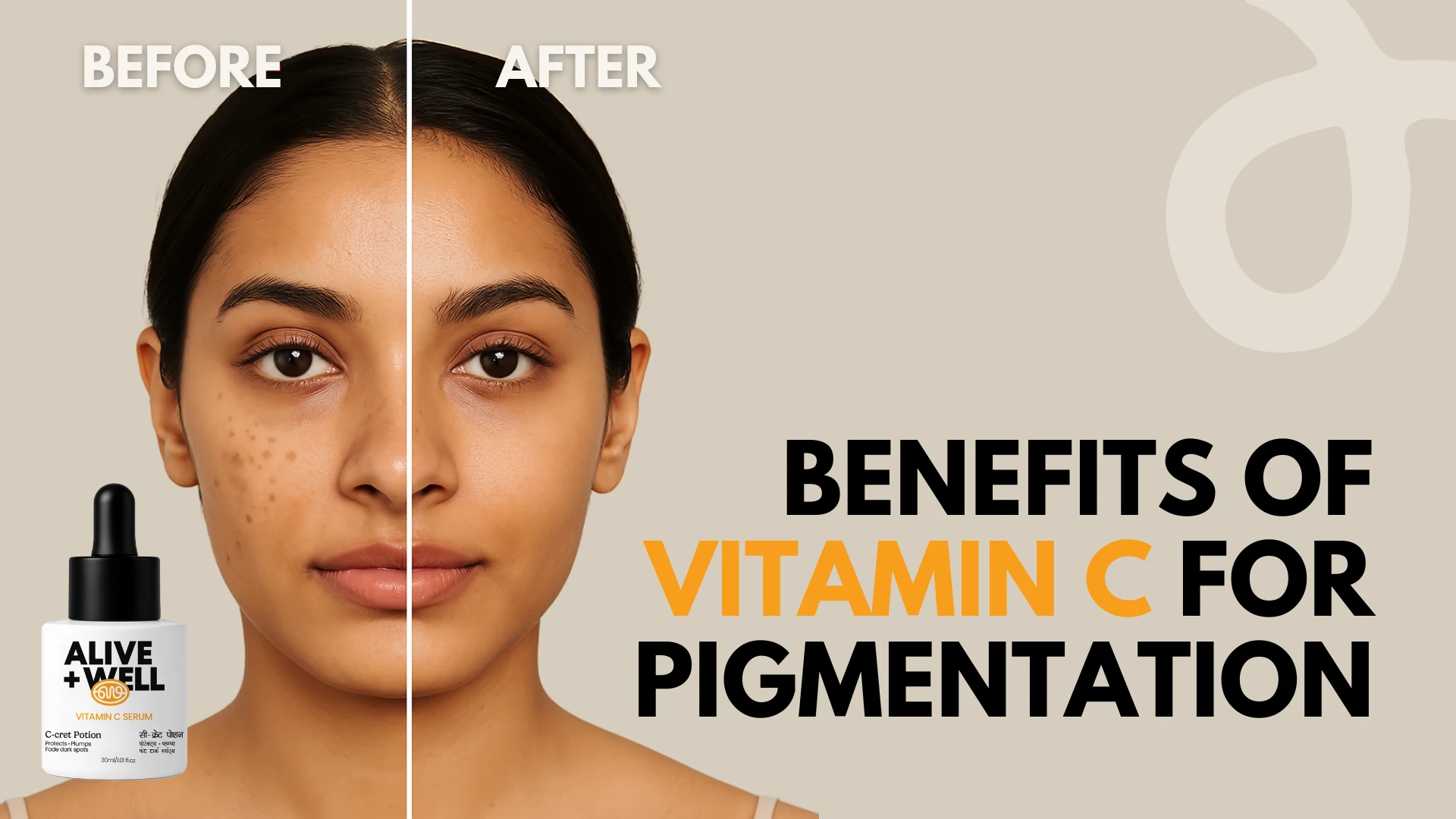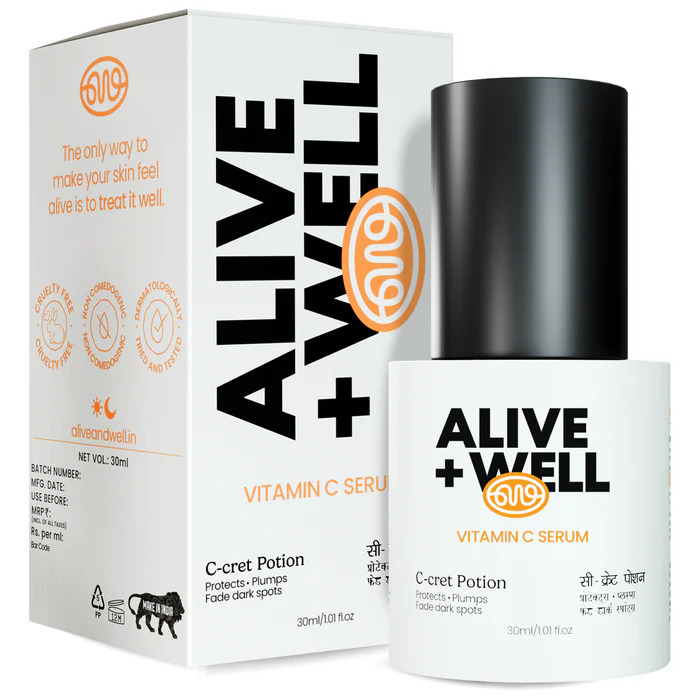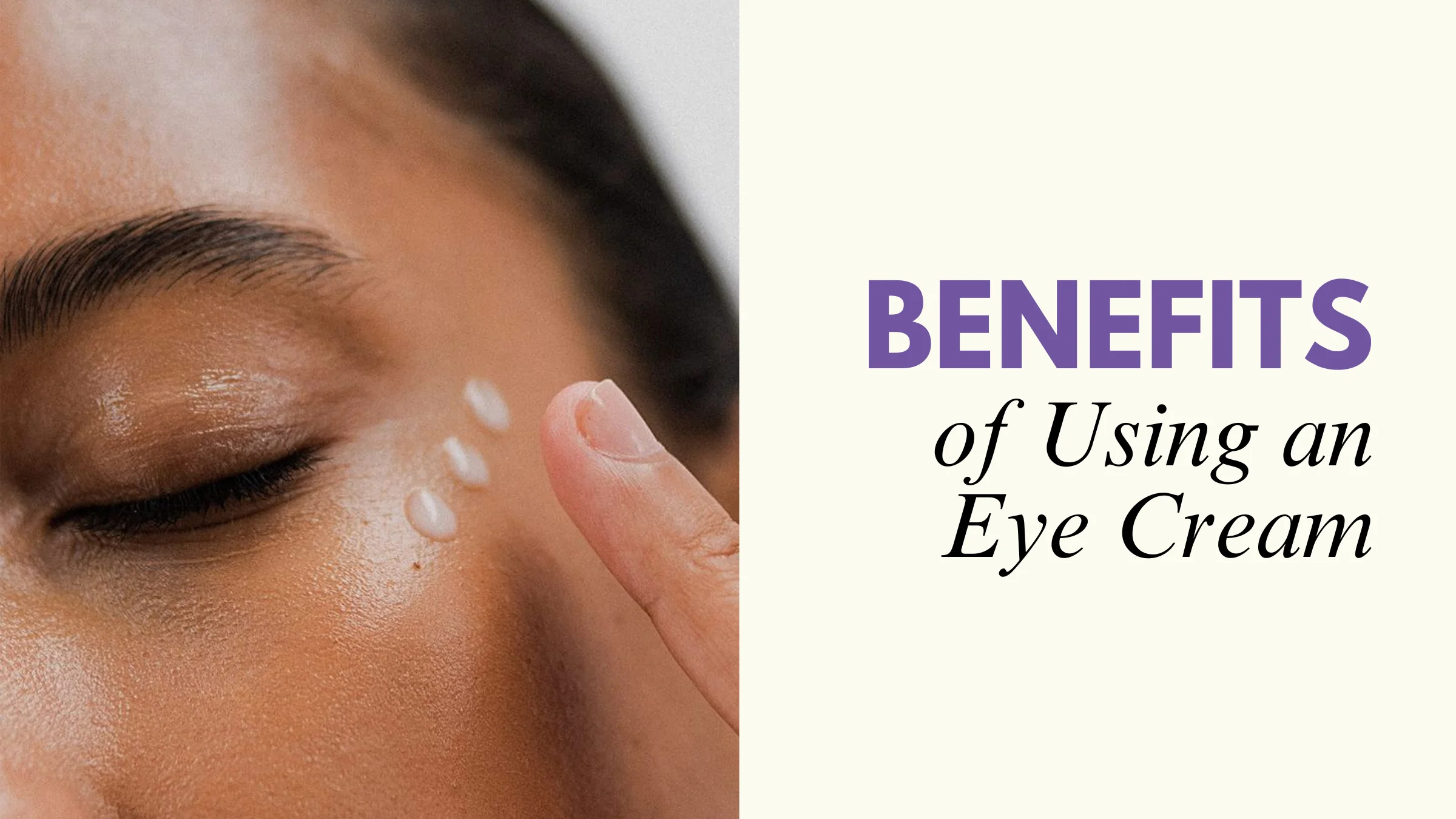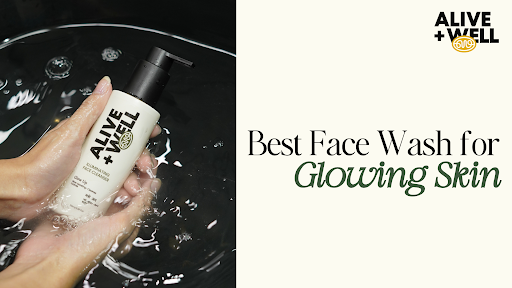Vitamin C for Pigmentation
Uneven skin tone, dark spots, and discoloration—collectively known as hyperpigmentation—are among the most common skin concerns people face. Whether it’s caused by sun damage, acne scarring, or hormonal changes, hyperpigmentation can be stubborn and frustrating to treat. Fortunately, one ingredient has consistently stood out in dermatology and skincare: Vitamin C.
Vitamin C has earned its place as a skincare superstar, especially in the treatment of pigmentation. Known for its brightening and antioxidant properties, it plays a vital role in fading dark spots and enhancing the overall health and glow of the skin.
What Is Vitamin C?
Vitamin C, also known scientifically as ascorbic acid, is a potent antioxidant naturally found in citrus fruits, leafy greens, and certain berries. While it’s a crucial nutrient for overall health, its benefits for the skin—especially when applied topically—have made it a favorite in skincare products.
Vitamin C helps neutralize free radicals, which are unstable molecules generated by sun exposure, pollution, and other environmental stressors. These free radicals can damage skin cells and accelerate aging. Beyond its protective qualities, vitamin C also aids in the body’s natural regeneration process, helping to repair damaged skin cells and improve skin tone.
There are different forms of vitamin C used in skincare, including:
L-Ascorbic Acid (the most active and effective form)
Magnesium Ascorbyl Phosphate
Sodium Ascorbyl Phosphate
Ascorbyl Glucoside
L-ascorbic acid remains the gold standard for topical use due to its potency and extensive research backing.
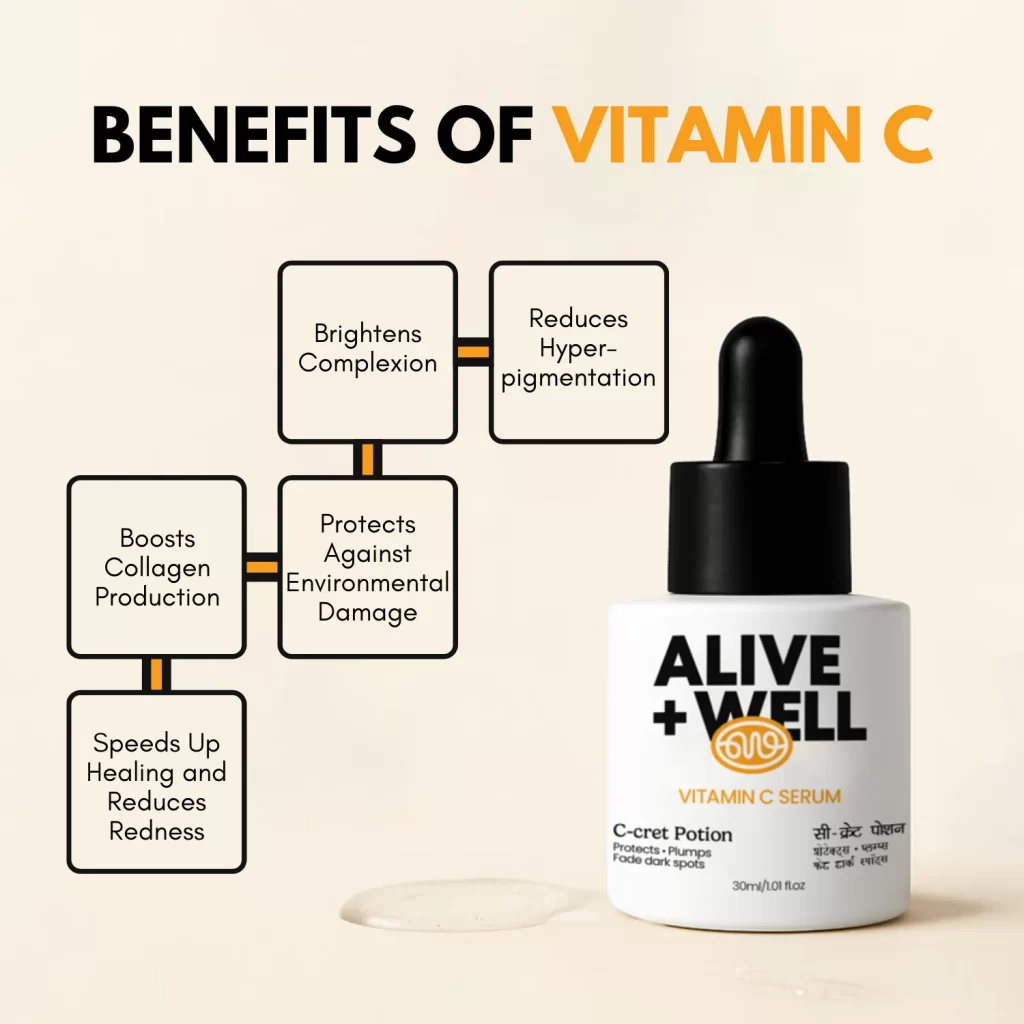
Benefits of Vitamin C for Skin
Vitamin C offers a comprehensive range of benefits that go far beyond brightening. Here’s how it helps your skin:
1. Reduces Hyperpigmentation
Vitamin C inhibits the enzyme tyrosinase, which is involved in melanin (pigment) production. By interrupting this process, it helps prevent the formation of new dark spots while gradually lightening existing ones.
2. Brightens Complexion
By reducing dullness and improving skin clarity, vitamin C gives the skin a radiant, youthful glow. It works to even out skin tone and restore a luminous finish.
3. Protects Against Environmental Damage
Vitamin C acts as a shield against free radicals, protecting the skin from the damaging effects of UV rays, pollution, and smoke. This antioxidant protection helps prevent premature aging and inflammation.
4. Boosts Collagen Production
Vitamin C plays a crucial role in collagen synthesis, which helps maintain skin firmness and elasticity. As we age, collagen levels drop, leading to fine lines and sagging skin. Vitamin C helps counteract this process.
5. Speeds Up Healing and Reduces Redness
Thanks to its anti-inflammatory and healing properties, vitamin C helps calm irritated skin, fade red spots, and improve the skin’s overall texture.
How Long Does It Take for Vitamin C to Clear Hyperpigmentation?
The time it takes for vitamin C to reduce hyperpigmentation can vary depending on the severity of the discoloration, your skin type, and how consistently the product is used. On average:
Mild pigmentation may start to fade within 2–4 weeks of regular use.
Moderate to severe pigmentation may require 8–12 weeks to see visible improvements.
For best results, it’s essential to use a well-formulated product consistently, along with sun protection.
How to Best Use Vitamin C for Hyperpigmentation
To maximize the effectiveness of vitamin C in your skincare routine:
Choose the Right Concentration: For most skin types, a concentration of 10–20% L-ascorbic acid is effective without causing irritation.
Apply in the Morning: Using vitamin C in the morning provides antioxidant protection throughout the day.
Pair with Sunscreen: Vitamin C enhances the effectiveness of SPF and helps prevent new pigmentation.
Avoid Mixing with Certain Ingredients: Avoid combining vitamin C with ingredients like benzoyl peroxide or retinol in the same routine, unless advised by a dermatologist.
How to Use Vitamin C for Hyperpigmentation
Here’s a step-by-step guide to incorporating vitamin C into your routine:
Cleanse Your Face: Start with a gentle cleanser to remove dirt and oil.
Apply Vitamin C Serum: Use a few drops on clean, dry skin. Focus on areas with hyperpigmentation.
Moisturize: Follow with a hydrating moisturizer to lock in the serum.
Use Sunscreen: Finish your morning routine with a broad-spectrum SPF 30 or higher.
Consistency is Key: Use vitamin C daily or every other day, depending on your skin’s tolerance.
Combining Vitamin C with Other Ingredients for Better Results
Vitamin C works beautifully with a number of complementary ingredients:
Niacinamide: Helps reduce inflammation and redness, and enhances the brightening effect.
Ferulic Acid: Stabilizes vitamin C and increases antioxidant protection.
Vitamin E: A lipid-soluble antioxidant that works synergistically with vitamin C.
Hyaluronic Acid: Keeps the skin hydrated and plump, improving serum absorption.
AHAs/BHAs: Gently exfoliate the skin, allowing better penetration of vitamin C (use with caution).
Possible Side Effects and Precautions
While vitamin C is generally safe for most skin types, it can sometimes cause:
Mild irritation or redness, especially when first introduced
Breakouts or purging, typically temporary
Incompatibility with certain ingredients, like benzoyl peroxide or strong exfoliants
Tips to Minimize Side Effects:
Do a patch test before applying it to your face.
Start with lower concentrations if you’re new to vitamin C.
Use only once daily to build up skin tolerance.
If irritation persists, consult a dermatologist for alternative formulations or treatment plans.
Bright Future of Vitamin C for Hyperpigmentation
Vitamin C is a cornerstone in treating pigmentation and improving overall skin health. Its ability to reduce melanin production, protect against sun damage, and boost collagen makes it a go-to solution for those battling uneven skin tone.
While it may take time to see full results, the combination of consistency, proper application, and sun protection can make vitamin C a highly effective part of your skincare journey. Whether you’re dealing with post-acne marks, sunspots, or melasma, incorporating vitamin C into your daily routine can bring you one step closer to clearer, more radiant skin.
FAQ
Does vitamin C get rid of pigmentation?
Vitamin C inhibits melanin synthesis by downregulating the activity of an enzyme known as tyrosinase. It’s widely used in dermatology for reducing pigmentation of hyperpigmented spots on the skin.
How long does vitamin C take to work on pigmentation?
You should notice a difference within 3 to 6 weeks, depending on the type & depth of pigmentation. Maximal effects can be seen in 12 weeks. As with all depigmenting agents, vitamin C works best for superficial forms of pigmentation, including epidermal or mixed melasma.
Which vitamin removes pigmentation?
Three of the best vitamins for lightening dark spots are vitamin C, vitamin B12, and vitamin E. Vitamin C helps your skin produce more collagen while inhibiting the formation of melanin. Vitamin B12 also promotes collagen formation while supporting the growth of new skin cells.
Can vitamin C remove tan?
Yes, Vitamin C can help reduce the appearance of tan by inhibiting melanin production, which contributes to skin pigmentation. Vitamin C can also help fade dark spots and promote an overall brighter and more even skin tone.
Can vitamin C reduce pigmentation?
Yes, vitamin C can help reduce hyperpigmentation (dark spots and uneven skin tone) by inhibiting melanin production and acting as a powerful antioxidant.
Can vitamin C lighten skin?
Yes, Vitamin C can help to brighten and lighten the skin, but it doesn’t change the natural skin tone. It works by reducing hyperpigmentation, dark spots, and acne scars, leading to a more even and radiant complexion.
Which is better for skin, vitamin E or C?
Both Vitamin C and Vitamin E offer significant benefits for skin health, but they excel in different areas. Vitamin C is known for its brightening and anti-aging properties, while Vitamin E focuses on moisturizing and protecting the skin barrier.

